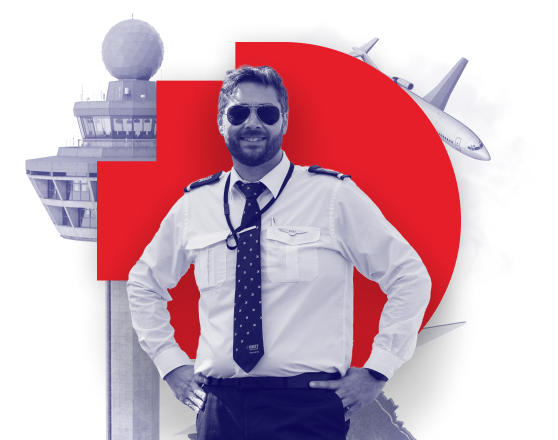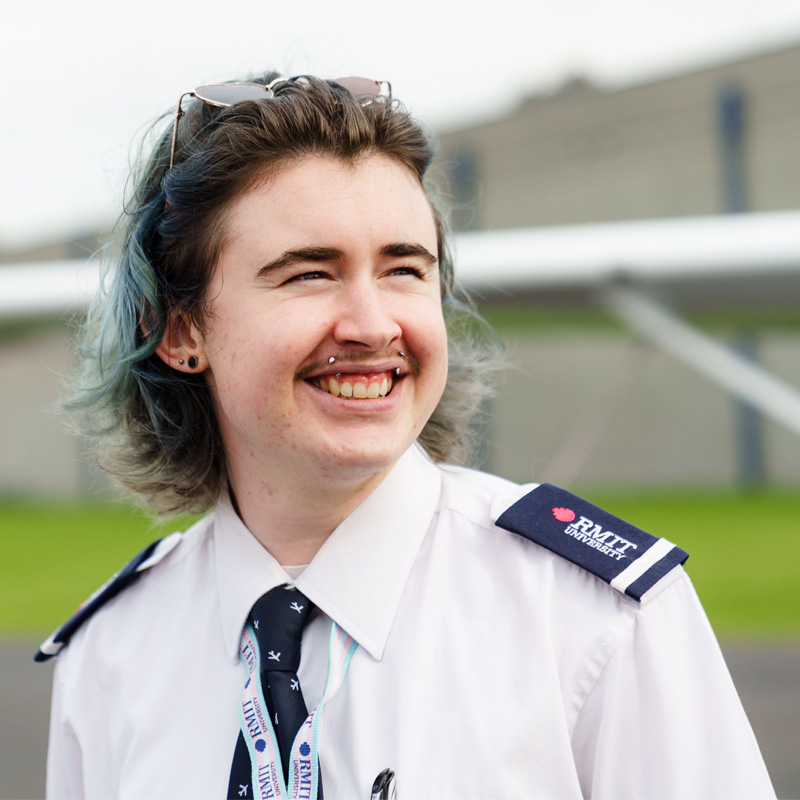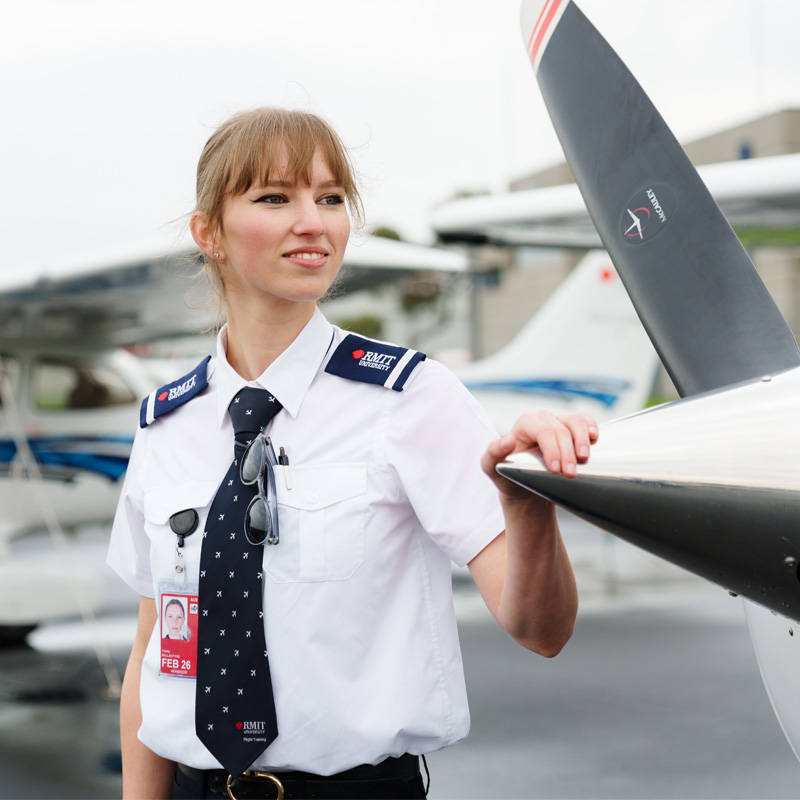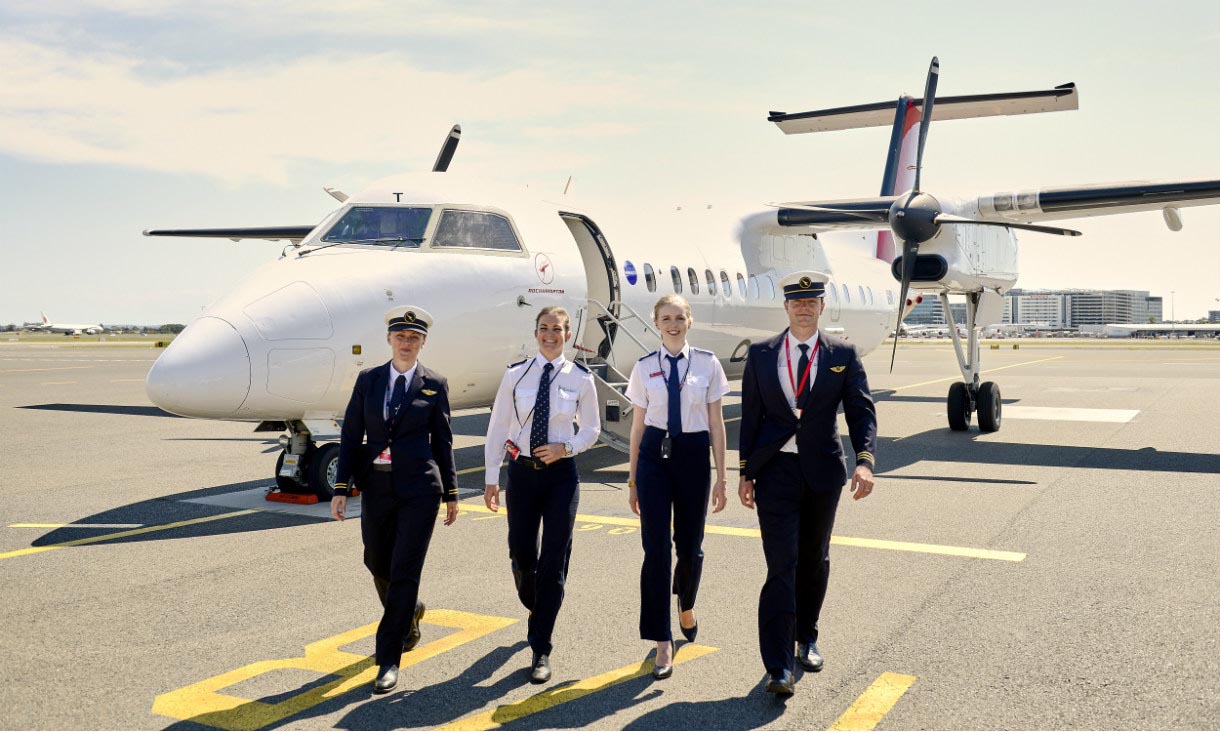As a graduate of the Bachelor of Aviation (Pilot Training), you will be equipped with the skills, knowledge and training required for a controlled descent and smooth landing into the aviation industry.
Not only will you be able to identify, interpret and analyse the needs of your stakeholders and colleagues, you will also have the skills to establish the priorities, goals, constraints and uncertainties of the system, and call upon your critical thinking, problem-solving and research skills to address them. You will also utilise these skills to develop innovative components, systems, and processes that meet specified requirements. Through your studies in this degree, you will learn to apply abstraction, mathematics, and fundamental discipline concepts to analysis, design, and operation, using appropriate computer software, laboratory equipment, and other devices, ensuring model applicability, accuracy, and limitations.
Your well-developed skills in communication and coordination will enable you to engage effectively with a diverse range of audiences, teams, and environments, as well as to manage complex projects, personal timelines, and goals, and continually improve your professional practice over the course of your career.









